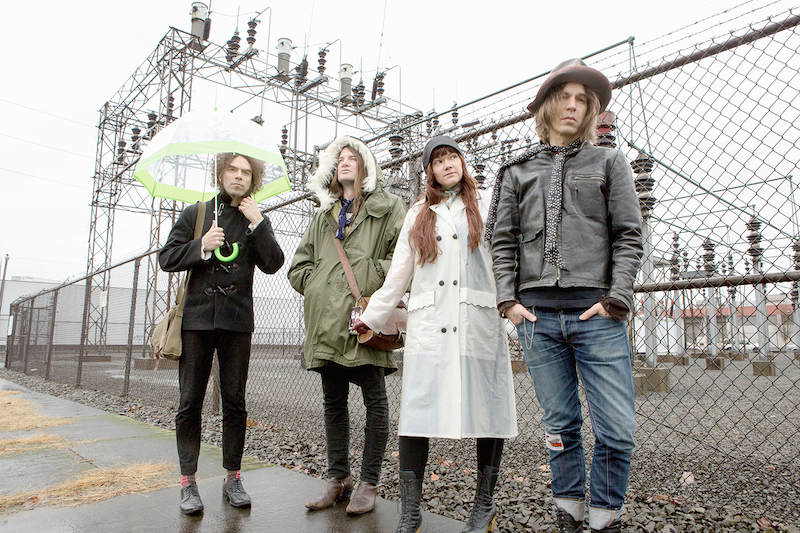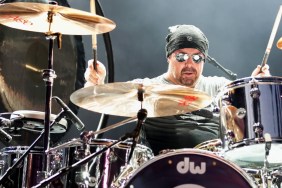If it feels like The Dandy Warhols have been around forever, that’s probably because they just about have. To put things in perspective, if you are 19 years old – or born later than 1994, chances are you’ve never known a world that didn’t contain The Dandy Warhols. That news will either blow your mind or make a whole lot of you feel really,…

The festival landscape has undergone major upheaval in the last three years, and Covid’s long-term impact on the music industry…











